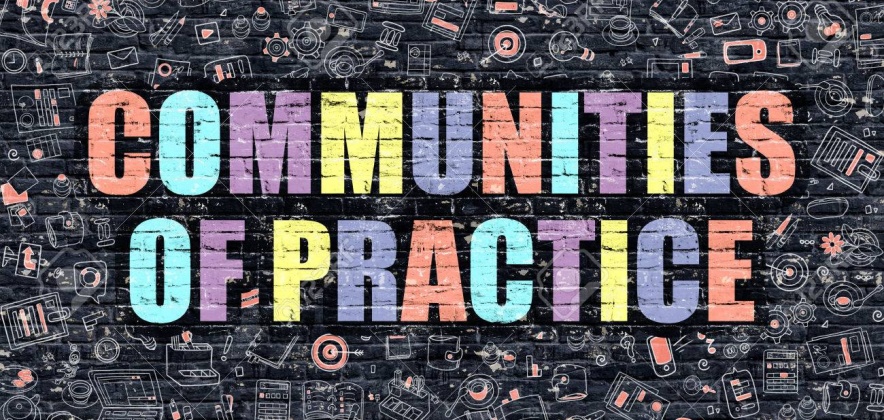
Abstract
Among the many reflections on multiple levels involving educational agencies grappling with the challenges of the digital age, our contribution wishes to deepen the controversial issue of ethics of social media, and the role that the education system is called to play in terms of accompanying and supporting young digital natives. The paper's first part presents a survey of the current european policies on the development of digital skills and the main studies and research on the use of ICT and social media, in order to understand the incidence and level of impact on socially responsible behaviour. In the second part the involvement of educational institutions is examined with a special focus on the educational planning for skills in reference to the digital skills. Our study aims at focusing specifically on the weight that the development of metariflessive, narrative (Lave, Wenger 2006) and ethical skills takes on in the child's growth until the delicate transition between adolescence and adulthood. For the "native social" network experience has a strong impact on the path of indentity construction. Isolation, fragmentation of self and the spread of cybercrime are just some of the risks that children can take if not adequately supported in the web exploration, starting from school age. The basic technical skills are only one dimension of an integrated asset expertise, which, as pointed out in the literature (Calvani, Fini, Ranieri, 2009) includes development of ethical and soft skills, that are functional to increase teenagers' awareness of social responsibility, to involve the use of the web and to promote appropriate behaviour in many situations that can result from web navigation.
 Classified "A" by ANVUR in the fields 11/D1, 11/D2 Scientific in the field 14.
Classified "A" by ANVUR in the fields 11/D1, 11/D2 Scientific in the field 14.





